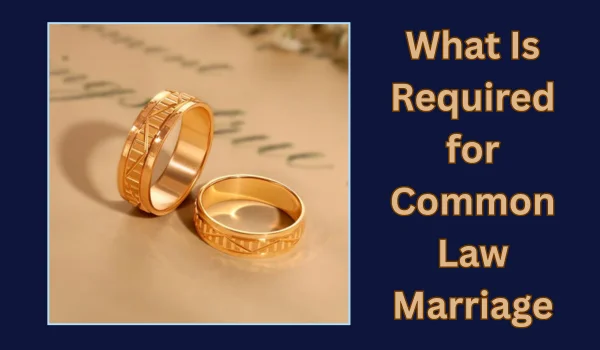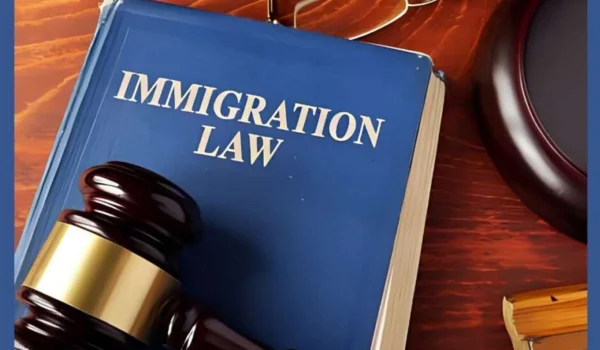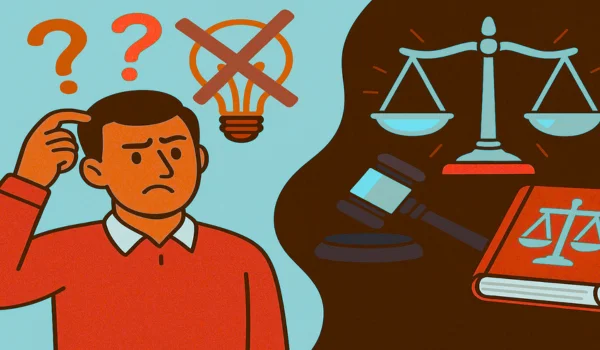
In Texas, what many people call “common law marriage” is legally referred to as an informal marriage. Under Texas law, this type of marriage is fully valid, even though there is no formal wedding ceremony or standard marriage license.
However, the state doesn’t just assume that two people living together are married — there are specific legal requirements that must be met. These are spelled out in Texas Family Code § 2.401.
✔ The Three Key Elements (Texas Family Code § 2.401)
To establish that a common law (informal) marriage is valid under Texas law, all three of these must be present:

- Agreement to Be Married
- The couple must mutually agree that they are married — not “we’ll get married someday,” but “we are married.”
- This agreement doesn’t have to be in writing; it can be shown through actions or how the couple lives together.
- Cohabitation in Texas
- After the agreement, the couple must live together in Texas as husband and wife (or spouses).
- That means simply living together for a short time might not be enough — how you live together matters for proving the marital relationship.
- Holding Out (Representation to Others)
- The couple must represent themselves publicly as being married. This is often called “holding out.”
- This doesn’t just mean a one-time introduction — Texas courts expect “conduct and actions” showing a marriage-like persona: joint accounts, calling each other “spouse,” shared insurance, etc.
- Occasional introductions (“That’s my partner”) may not be enough. Courts look for consistent behavior and a reputation “in the community.”
✔ Optional But Common: Declaration of Informal Marriage
Even though it’s not mandatory, Texas allows couples to officially declare their informal marriage by filing a form with the county clerk:
- Under Texas Family Code § 2.402, you can sign a Declaration and Registration of Informal Marriage.
- Once filed, this declaration serves as strong proof of marriage for legal, financial, and administrative purposes.
- This step simplifies matters (especially for proof), but doesn’t replace the underlying three elements — all must still be satisfied if challenged.
✔ Age and Marital Capacity Limits
There are also limits on who can form a common law marriage in Texas:
- Both parties must be at least 18 years old to enter an informal marriage.
- Neither party can be already married to someone else when the informal marriage begins.
✔ The Two-Year “Presumption” After Separation
An important nuance: If you separate and live apart, and you haven’t filed any legal proceeding to prove your common law marriage, then:
- After two years from separation, there is a rebuttable presumption that no agreement to be married was ever made.
- This doesn’t mean it’s impossible to prove a common law marriage after two years — but you will need stronger evidence to overcome the presumption.
⚖️ Why These Requirements Matter
- These rules ensure that not just any couple who lives together can be legally “married.”
- When a relationship ends (or a spouse dies), having met these requirements gives legal clarity for property division, inheritance, and divorce.
- Filing a declaration offers a clear, documented record, which helps in court, insurance, taxes, or social security.
Frequently Asked Questions (FAQ)
Q1: Do we need to “wait” a certain number of years living together before we’re common law married in Texas?
A1: No. Texas does not require a minimum time of cohabitation. What matters is the agreement, living together, and representing yourselves as married.
Q2: Can same-sex couples have a common law marriage in Texas?
A2: Yes. Despite Texas statutory language, common law (informal) marriage applies to same-sex couples following the U.S. Supreme Court’s decision in Obergefell v. Hodges.
Q3: What happens if we separate but don’t file for divorce or prove the marriage?
A3: If more than two years pass after you stop living together and you never start a legal case to prove the informal marriage, Texas law presumes you never made the marriage agreement.
Q4: Do we have to register our common law marriage with the county clerk?
A4: No, it’s not mandatory. But you can sign a Declaration of Informal Marriage, which provides strong documented proof for legal or administrative purposes.
Q5: How do courts determine if all three elements are present?
A5: Courts look at a variety of evidence: lease/mortgage, joint bank accounts, tax filings, how you refer to each other publicly, testimonies, and more. It’s a totality-of-circumstances approach.
Final Thoughts
In Texas, common law marriage (informal marriage) is not casual or automatic — you need clear intent, shared life, and public acknowledgment. If you meet all three legal elements but want to be sure, filing a Declaration of Informal Marriage is often the safest step, giving you documented proof for everything from inheritance to taxes.
If you’re unsure about your situation or need proof, it’s wise to talk to a family-law attorney who understands informal marriages in Texas.






